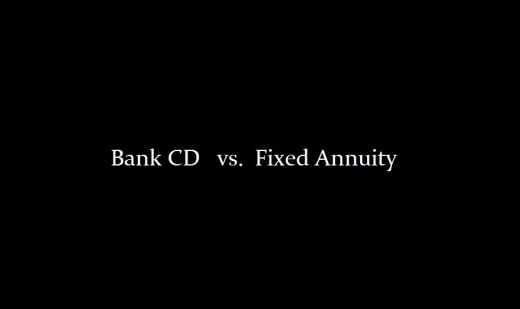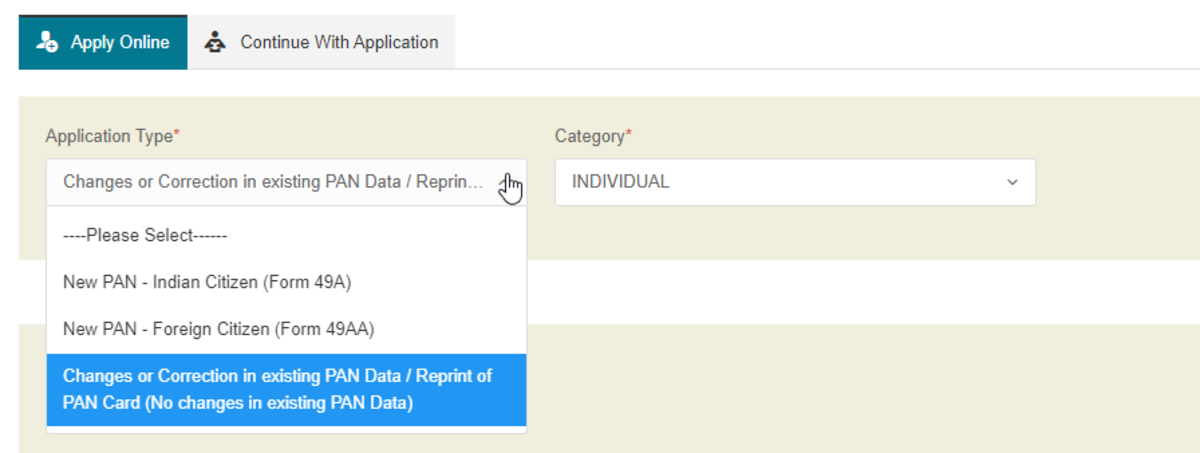How to Earn More Interest Than a Bank CD
Today's Interest Rate Environment: The Problem
Today, bank interest rates are historically low and yet people still need to be able to save for retirement. This low interest rate has several affects on those closer to retirement.
First, it may cause them to retire later since they can't earn a respectable rate of return on savings nor would they feel comfortable depleting savings at the rate they would with interest rates so low. Second, it may cause them to take more risk than they otherwise would. They may do this by investing in the general stock market, or dividend paying stocks, or high yield bonds so that they can earn a higher rate of interest. But by doing this, they risk their capital and even with a higher yield or interest rate, they won't have time to react when their investment turns south. When its all said and done, the decrease in their capital may far outweigh the higher yield or interest rate they received on these types of investments.
So that takes us back to square one. Do we just stay invested in Bank CDs earning nothing and put off retirement until age 70 to 80? Or do we give way to temptation and put our money where we would otherwise not have put it...the stock market?
There's NO Silver Bullet
Unfortunately, there isn't a silver bullet to solve people's low interest rate woes. Savers are undoubtedly being penalized while spenders are being rewarded. This trend cannot continue forever and the day of reckoning will someday come. But until then, where can we place money that is conservative like a Bank CD but will also pay a higher rate of interest than a Bank CD?
The Alternative to Bank CDs: The Answer
The answer is a fixed annuity. "Annuity you say? I've heard annuities are to be avoided like the plague!" Just like most statements found on one extreme or the other, there are pockets of truth to this statement. What the lay person may not understand is that there are different types of annuities. For the sake of simplicity, I will not go into detail on all the different types of annuities but understand that fixed annuities are not the type of annuity to be avoided.
"What's so special about a fixed annuity" you may ask. Well, to put it bluntly, not that much beyond the fact that most fixed annuities pay a higher rate of interest than bank CD's and they are fixed investment where capital won't be compromised when the stock market, or bond market fluctuates.

But I Want FDIC Insurance!
No, fixed annuities don't have FDIC insurance. But before you write them off, there are a couple key differences between banks and insurance companies that you need to understand.
First, although insurance companies don't have FDIC insurance, each state in the USA has an association where insurance company products are insured. They are typically called State Guaranty Associations. To understand how much insurance your state provides in the case of fixed annuities you should do some research. Since its a state regulated issue, each state may be different.
Second, there is a difference between how much leverage a bank and an insurance company can have. Banks are allowed to use leverage up to 10 to 1 and beyond while an insurance company cannot use this level of leverage. I don't know the exact level of leverage an insurance company can use but suffice it to say, its much less than banks. In other words, the likelihood that you will need FDIC insurance is less with an insurance company than it is with a bank.
That said, its very important that you research the company you purchase a fixed annuity from. Financial strength ratings can be found in the public domain and one should weigh the interest rate offered by the company with the financial strength ratings of the company.
Fixed Annuity Tax Advantages
One of the main advantages of a Fixed Annuity is that any growth inside the annuity is tax-deferred, meaning you won't pay taxes on gains until your remove money from the annuity.
On the flip side, bank CD's are taxable each and every year. So even though your Bank CD is plodding along at a tepid interest rate of 0.5%, the government is still going to take their cut each and every year.
Its not uncommon in today's environment to find a fixed annuity from a financially sound insurance company that offers 2% interest. When you factor in that that 2% interest is tax deferred, it really tips the scales in the favor of fixed annuities.
I've found a fantastic resource to be able to calculate what this difference can mean in each individual situation. If you go to www.fixedgrowth.com, they provide a calculator that allows you to determine how much more money you can earn with tax-deferred growth and differing interest rates between a Bank CD and a Fixed Annuity.
Calculate the Difference Here

Fixed Annuity vs Bank CD
- Fixed Annuity vs Bank CD
Compare a bank CD to a fixed annuity using this fixed annuity calculator. Using taxable bank CD rates and comparing it to a tax deferred fixed annuity rate, see which interest bearing account yields more.
The General Fine Print
Here are some of the finer differences between a fixed annuity and a Bank CD.
Annuities, regardless of type are granted tax-deferred status. So, just like a tax-deferred IRA, there are penalties for taking the money out of a fixed annuity before age 59.5.
Typically, annuities also have a surrender schedule meaning that if you take more money out of the fixed annuity than is allowed by the contract, you will pay a penalty set by the annuity company. However, on the positive side, most annuity contracts allow you to take 10% of your money out per year without any surrender charges.
Before making any decision, you may want to consult with your financial advisor. However, most financial advisors won't have an unbiased opinion as they are given incentives to sell certain company's products which may not always be in your best interest. If you want to do your own research, there are plenty of quoting engines on the internet. I've also had a good experience with the folks at www.fixedgrowth.com as well.








